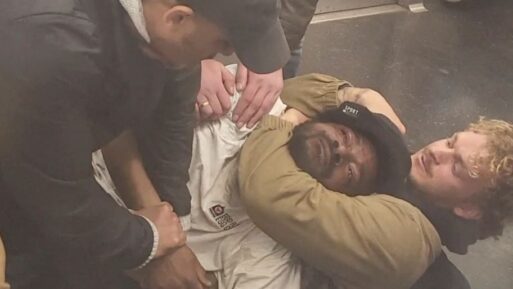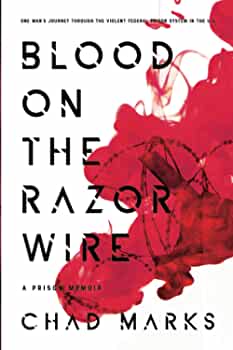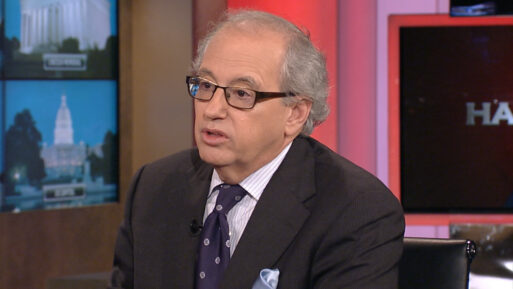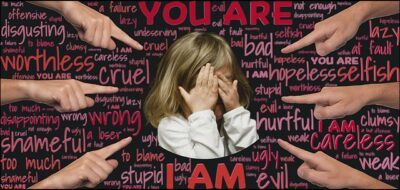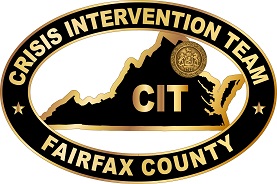
(5-22-23) I recently was sent this story about Crisis Intervention Team training, which aired a while ago on National Public Radio.
Because I support CIT training and know of incidents where CIT trained officers have saved lives, I was a bit concerned about the headline.
The problem is in implementation, choosing empathic officers and community support services. Ron Bruno, who I served with on a federal panel that advises Congress, makes key points defending CIT.
Still, every time a parent or other loved one calls the police, there is a risk. Here in Fairfax County, Va., CIT trained officers shot and killed Jasper Aaron Lynch, 26, after his parents sought help. It is difficult looking at the body camera images to understand why. Meanwhile, incidents where CIT officers helped someone in crisis go unreported.
What is the status of CIT in your community? What are your thoughts about ways to improve CIT and police interactions with individuals with mental illnesses? Please share your thoughts on my facebook page.
Mental Health And Police Violence: How Crisis Intervention Teams Are Failing
All Things Considered National Public Radio
Nationwide protests over police accountability and racial justice have reenergized longstanding efforts to fundamentally change how police departments respond to someone in a mental health emergency. Many are calling for removing or dramatically reducing law enforcement’s role in responding to those crisis calls unless absolutely necessary.
Since 2015, nearly a quarter of all people killed by police officers in America have had a known mental illness. Injuries, too, are common although they are less carefully tracked. There’s anecdotal evidence that botched encounters between police and people in a mental crisis are up during the pandemic.
